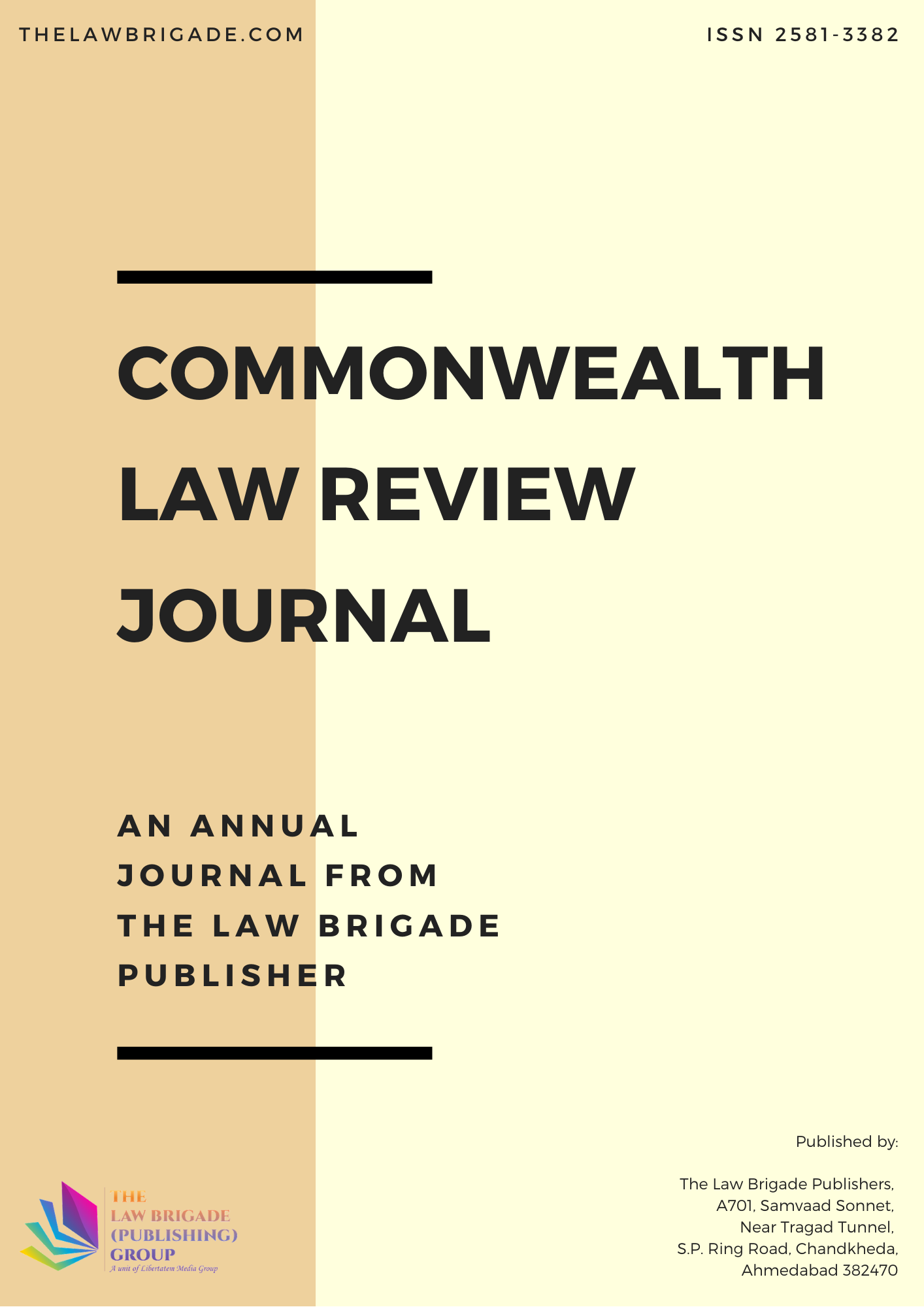The consumer has been at the center stage with substantive laws being enacted to regulate the activities of manufacturers and protect consumers against unscrupulous business persons. For consumer protection to be effective, there is the need to lay some emphasis on access to justice. The Cameroonian legal framework has put in place some regulatory responses to consumer access to justice by introducing alternative dispute mechanisms, collective actions, reversal of burden of proof and also, the fact that the law on judicial organization has made it possible for courts to be created in every sub-division. Despite all these measures, consumers are faced with a lot of hurdles in enforcing their substantive rights due to excessive cost of action, lack of legal aid, lengthiness of procedures, the non-use of alternative dispute mechanisms and collective actions and the problem of burden of proof. The aim of this paper is to find out how consumer access to justice can be enhanced by making effective use of alternative dispute mechanisms, reducing the hurdles encountered in the normal court proceeding, encouraage collective actions and the grant of legal aid to consumers. It would be strongly argued that consumers’ rights have been taken into consideration; however their effective application to guarantee access to justice is still questionable and thus renders consumer rights unenforceable. It can be concluded that the normal rules of civil procedure and the non- effectiveness of arbitral bodies acts as a disincentive for consumers to pursue their legal rights. Thus the need for possible solutions to the existing gaps.
Rethinking Consumer Access to Justice
Publication Information
Journal Title: Commonwealth Law Review Journal
Author(s): Comfort Fuah Kwanga
Published On: 02/05/2022
Volume: 8
First Page: 154
Last Page: 173
ISSN: 2581-3382
Publisher: The Law Brigade Publisher
DOI Not Allotted [Get DOI]
Cite this Article
Comfort Fuah Kwanga, Rethinking Consumer Access to Justice, Volume 8, Commonwealth Law Review Journal, 154-173, Published on 02/05/2022, Available at https://clrj.thelawbrigade.com/article/rethinking-consumer-access-to-justice/
Abstract
Keywords: Consumer, Consumer Protection, Access to Justice, Consumer rights, Enforcement
Share this research
Latest Publications
April 10, 2025





